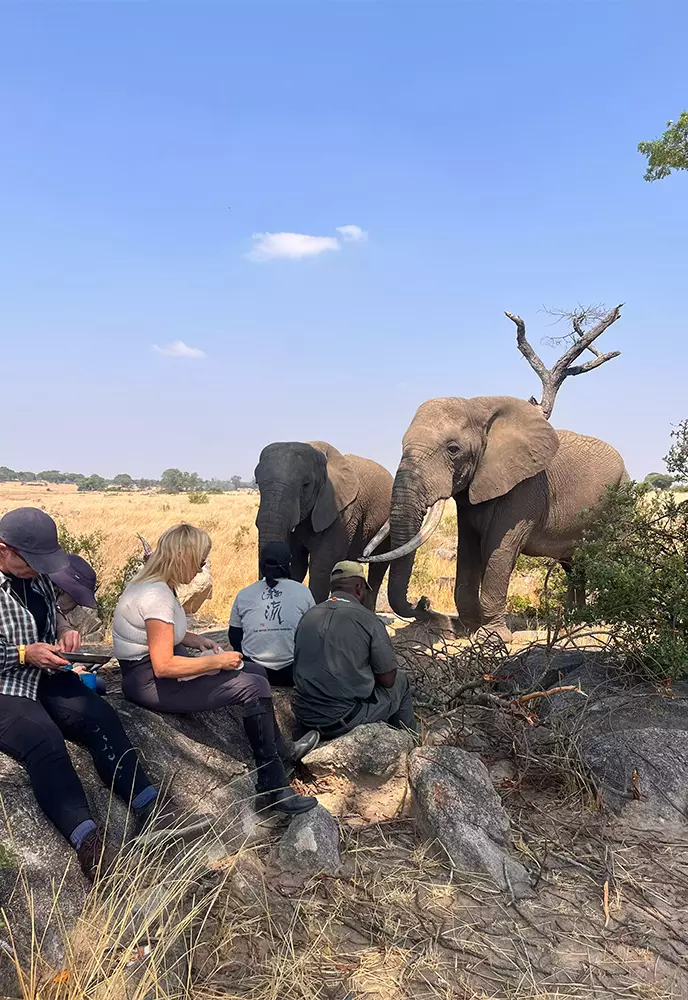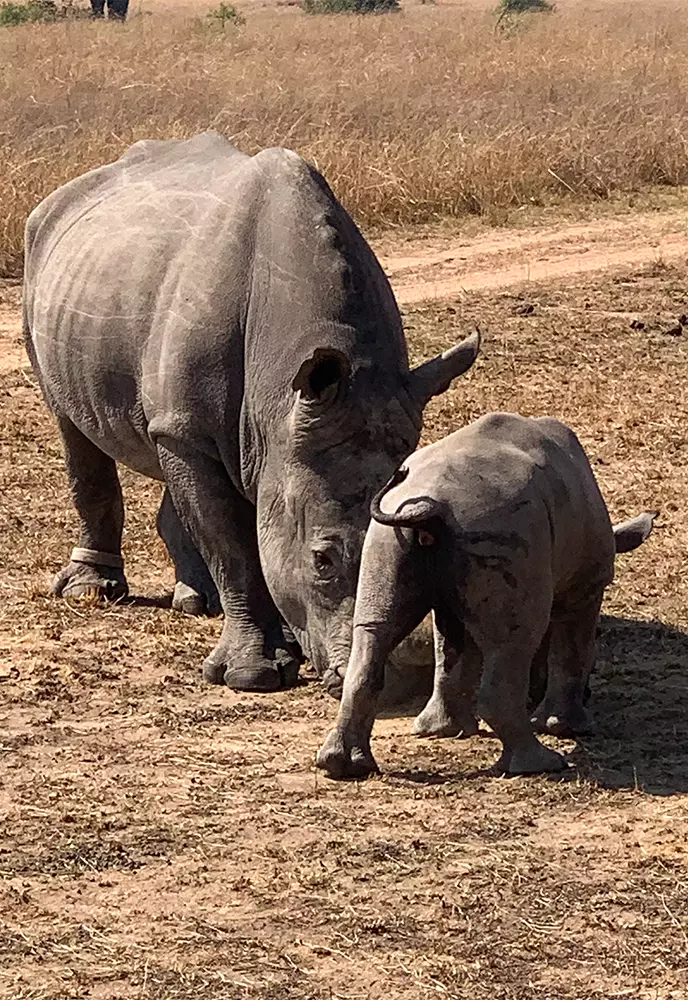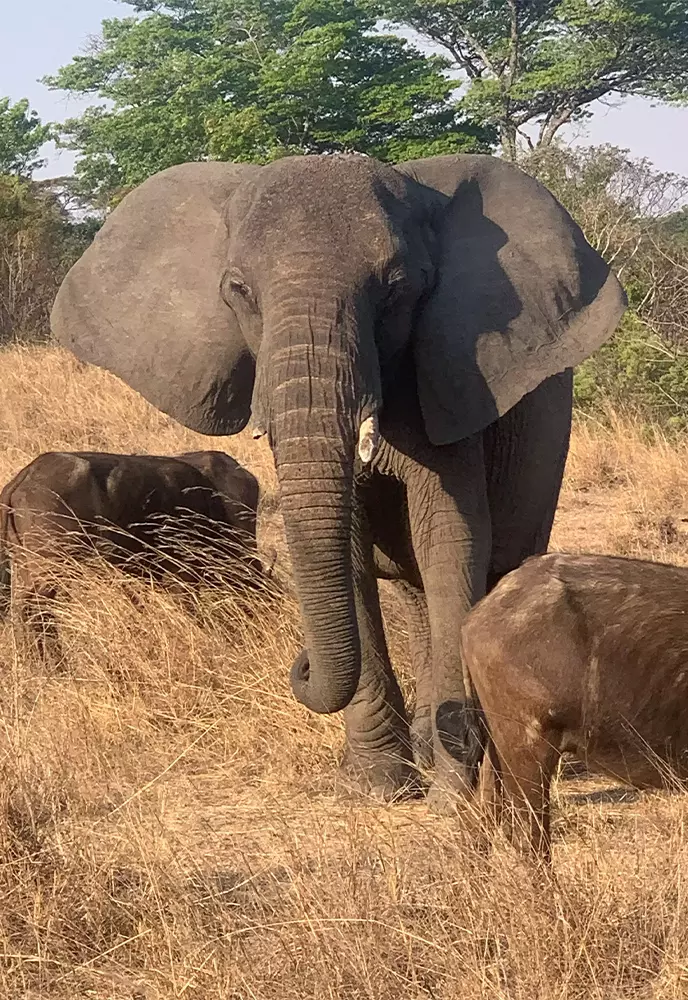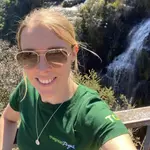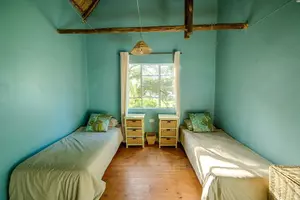

Rhino and Elephant Conservation Project
Experience Zimbabwe’s enchanting wildlife while aiding rhino conservation efforts on one of the country’s most impressive reserves!
Speak To A Travel Expert
Activities
Looking to volunteer as a family? Take a look at the Rhino and Elephant Conservation Project - Family Programme.
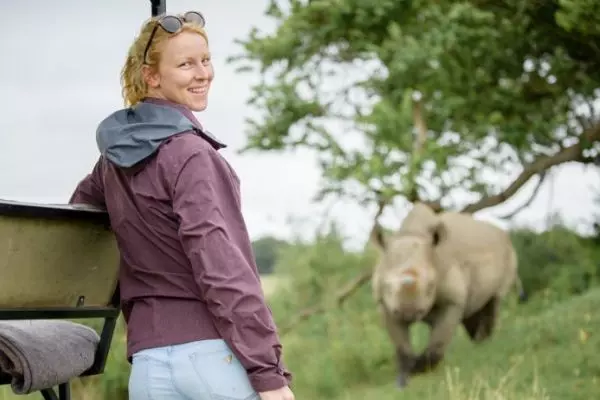
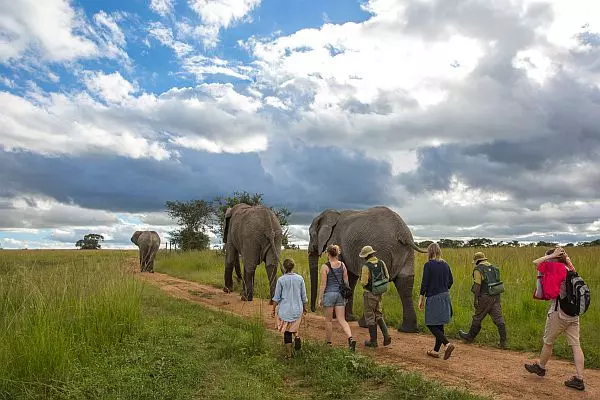
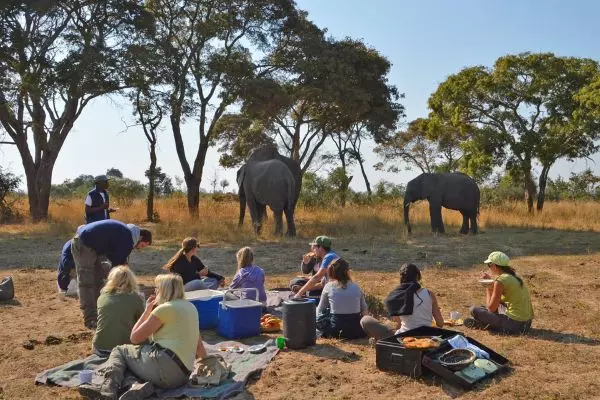
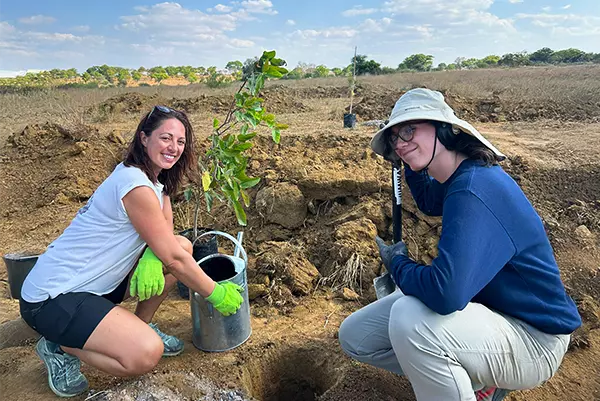
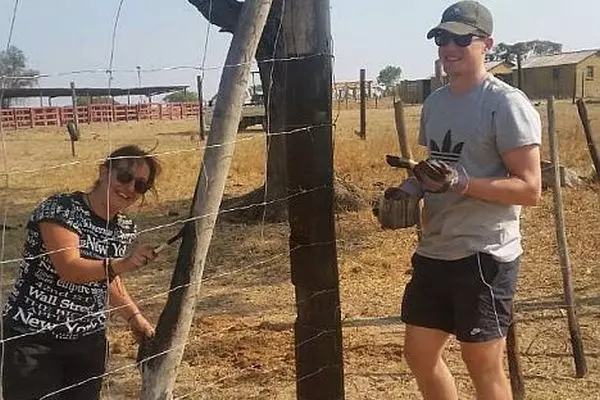
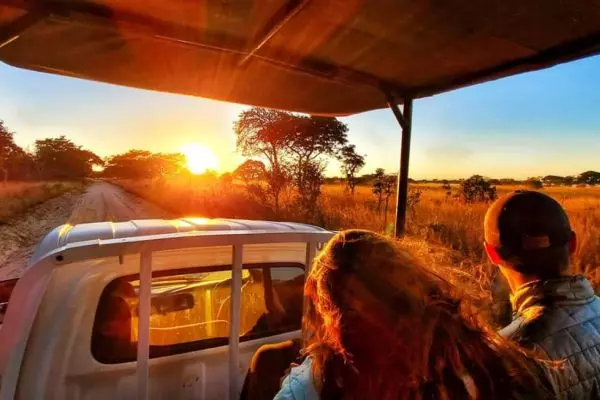
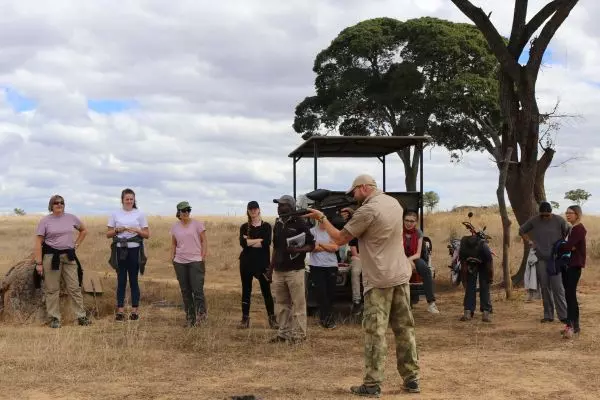
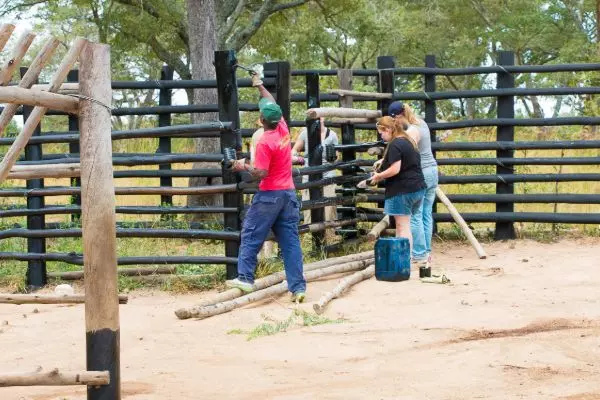
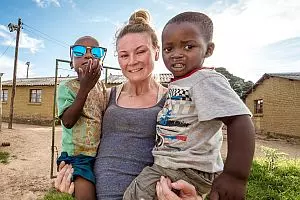
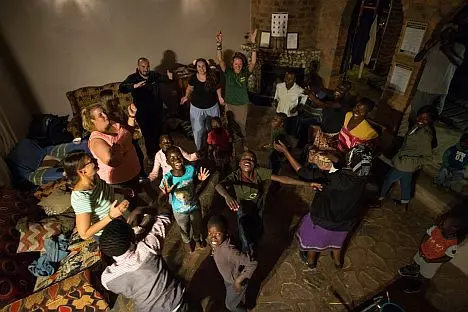
Itinerary
The itinerary below is an example of a two-week stay and is subject to change. Please be advised that although we can offer an 7-night option, a minimum duration of 14 nights is recommended for a more in-depth experience. If you take part for only 7 nights, there is no guarantee that you will be involved in all the activities listed.
Durations & Prices
Accommodation
Accommodation
During this project, you'll stay in one of two beautiful accommodations, each offering comfort and unique experiences: the Numwa House in the central section of the reserve or the Chiwawe Wilderness Camp, providing an immersive wilderness experience. At Numwa House, you'll find twin-share rooms and a shared dormitory. The house features several bathrooms and a charming outdoor shower block overlooking a picturesque dam.
At Chiwawe Wilderness Camp, you'll be allocated a twin-share safari tent with an en-suite bathroom and access to the lodge's amenities. Both locations are fully equipped with kitchens, dining areas, cosy lounges with fireplaces, verandahs, braai (barbecue) areas, and refreshing pools, ensuring a relaxing environment after your day's activities.
Meals & Beverages
Three meals a day are provided for you on this project. Breakfast, lunch, and dinner are served in a buffet-style, and you are free to select what you want to eat. Water, juice, tea and coffee are also available throughout the day. On Sundays, the chefs have a day off, but you are free to use the food provided in the kitchen to prepare your own meals. Vegetarian and limited vegan options are available upon request.
If you have a specialist diet (such as gluten or wheat intolerance), you will need to bring appropriate food with you; however, the chef will be happy to prepare your food for you. There is also a small onsite bar at the volunteer house which offers a variety of snacks, as well as both alcoholic and soft drinks.
Project Details
When is the best time to volunteer?
Most of the activities on this project run year-round, with the exception being any work with the school children (which may be impacted by the school holidays). As this is an active reserve, you will see wildlife no matter when you choose to volunteer, although the weather may impact which time of year you choose to visit.
Summer (November-March) – Also thought of as the ‘wet season’, this is the rainiest time of the year. Rain may fall throughout the afternoon and can even continue for a few days; however, more rain does often equate to more activity on the reserve. Vegetation springs into life which, in turn, means there are improved food sources for the animals, and you may have a greater chance of spotting them grazing. Temperatures throughout the summer can still be rather warm, reaching around 32°C/90°F at their peak, so be sure to pack lighter clothing as well as a waterproof jacket, sunglasses and adequate sun protection.
Winter (April-October) – This is the dry season, during which there is minimal rainfall. The reserve’s animals may congregate around waterholes and rivers when the other water sources dry up – in fact, it’s not uncommon to catch sight of one elephant, Mac, as he searches for water near the volunteer house! Temperatures are quite cool throughout the season, not often exceeding 10°C/50°F in the mornings and 28°C/82°F in the afternoons. Night times are even colder, so we advise that you pack a fleece and some gloves in the event of an evening game drive!
Getting There
You will need to fly into Harare International Airport on your project start date, arriving by 1pm, as the private transfer from the airport to the reserve departs shortly after. Additionally, your return flight must depart Harare after 12pm in order to provide enough time for your transfer back to the airport. Airport transfers outside of these times can be arranged for an additional fee of US$120.
Visa Requirements
Most travellers, including those from the UK, USA, Australia, Canada, and EU countries, can apply and pay for a Tourist/Holiday e-Visa online before travelling. While some nationalities may obtain a visa on arrival, arranging your visa in advance will save time upon arrival in Harare. Visa fees vary depending on whether you choose a single- or multiple-entry visa. We recommend applying for your e-Visa at least three weeks before your trip.
Please be aware that it is the responsibility of every volunteer to ensure they obtain the correct visa to enter Zimbabwe and take part. If you’re unsure of your visa requirements, we advise you to contact your nearest Zimbabwean embassy at least two months before travel.
Fitness & Skills
Each day on the project can be rather busy and may involve a range of physical activities, therefore, we recommend that you have a moderate level of fitness if you wish to take part. No specific skills are needed for this project – all we ask is that you arrive with a willingness to get involved with all activities, and that you are dedicated to the project’s ethos. Most importantly, we ask that you have respect for your environment, your fellow volunteers, and Zimbabwe’s incredible wildlife!
Vaccinations
There are no specific vaccinations required to join this project; therefore, we recommend consulting your GP/doctor or a travel clinic and following their advice on vaccinations for travel. You can also find helpful advice and information on the Travel Health Pro website.
Videos
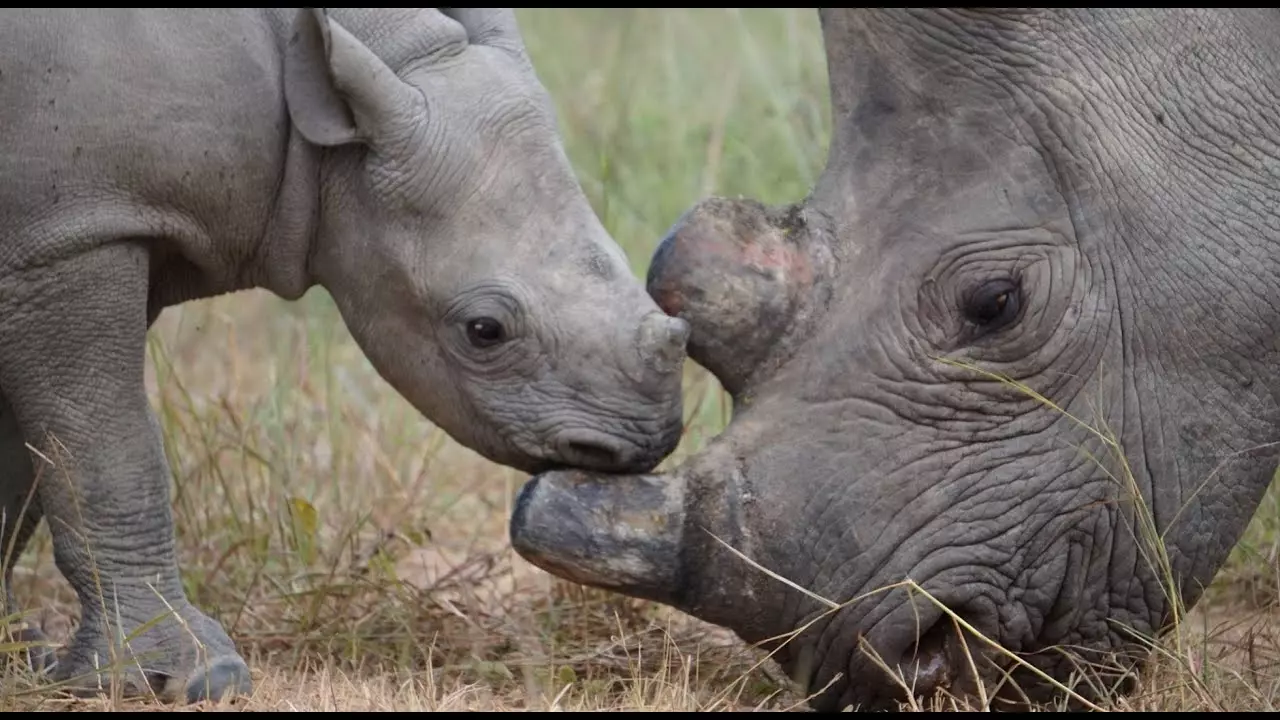
Rhino and Elephant Conservation Project
Take a look at the amazing Rhino and Elephant Conservation Project video and become our next volunteer in Zimbabwe!
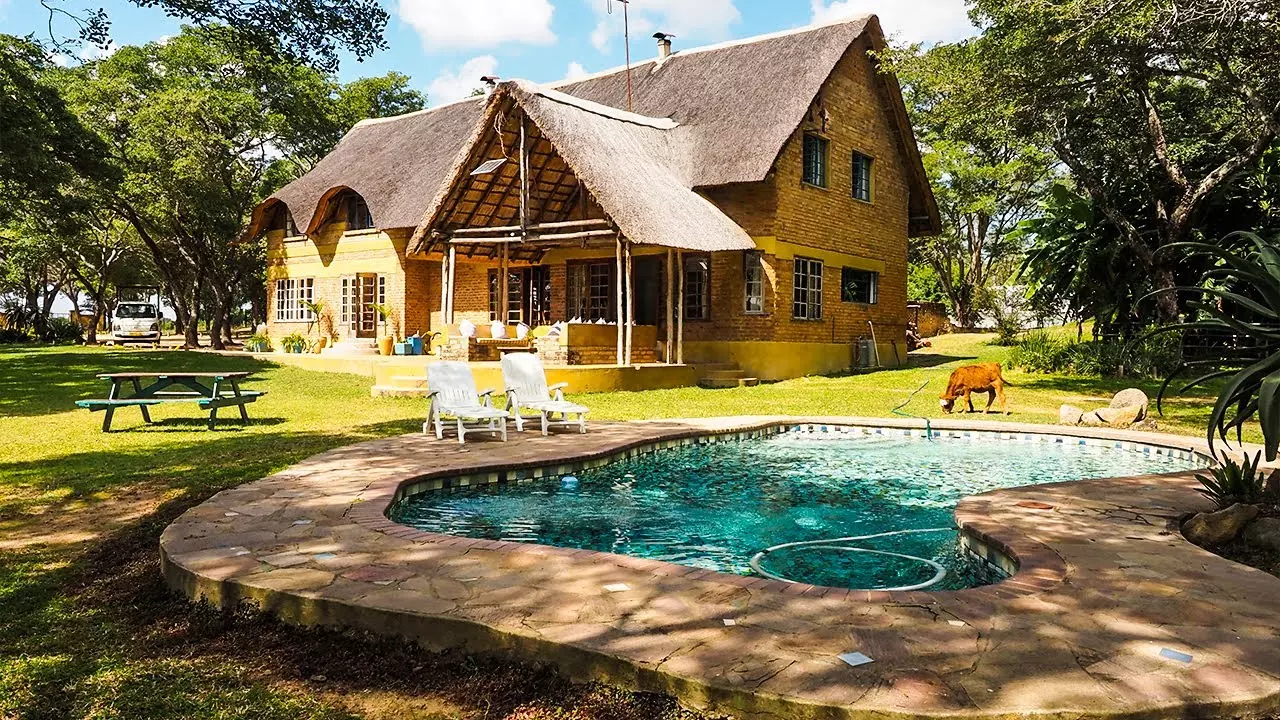
The Rhino And Elephant Conservation Project Volunteer Accommodation Run Through!
Watch as volunteer coordinator Morgan gives you your very own tour of the stunning accommodation on the Rhino And Elephant Conservation Project!
Gallery
Reviews
An amazing experience, the staff are great, and it’s so wonderful to be so close to the animals, and to learn about them. In their natural environment. Africa is a wonderful place.
Travel With Purpose - A Grandmother Story: I absolutely love watching videos of baby elephants. I just can’t get enough baby elephant viewing. I watch – giggle - repeat! Of course, ALL babies are cute, but the sweetness of these “someday gentle giants” captures the heart of my grandmother-ness. I find myself overwhelmed with love, compassion, tenderness, and joy as I observe their innocence and playfulness. Recently, I did some research about elephants and identified why they appeal to me. Elephants are emotionally intelligent, demonstrating emotions like grief, joy, and empathy. They mourn their dead, comfort each other, and form strong lifelong bonds. They are led by a grandmother, the Matriarch and the babies are raised by “the whole village” – mother, siblings, aunties, and Grandma. One day, while enjoying my morning coffee and watching videos of baby elephants on Facebook, an advertisement for African Safari's came up, WHAT? I’d never considered seeing elephants up close. I searched for affordable options and found Travel with Purpose. “Would you like to feed, and walk and have breakfast with elephants? Come to Africa to help preserve and protect animals from extinction by volunteering.” My heart started beating faster as I thought about... Travel With Purpose - A Grandmother Story: I absolutely love watching videos of baby elephants. I just can’t get enough baby elephant viewing. I watch – giggle - repeat! Of course, ALL babies are cute, but the sweetness of these “someday gentle giants” captures the heart of my grandmother-ness. I find myself overwhelmed with love, compassion, tenderness, and joy as I observe their innocence and playfulness. Recently, I did some research about elephants and identified why they appeal to me. Elephants are emotionally intelligent, demonstrating emotions like grief, joy, and empathy. They mourn their dead, comfort each other, and form strong lifelong bonds. They are led by a grandmother, the Matriarch and the babies are raised by “the whole village” – mother, siblings, aunties, and Grandma. One day, while enjoying my morning coffee and watching videos of baby elephants on Facebook, an advertisement for African Safari's came up, WHAT? I’d never considered seeing elephants up close. I searched for affordable options and found Travel with Purpose. “Would you like to feed, and walk and have breakfast with elephants? Come to Africa to help preserve and protect animals from extinction by volunteering.” My heart started beating faster as I thought about volunteering at a wildlife conservation in Zimbabwe and working with rhino’s and elephants. Where do I sign up? I chose “ The Rhino and Elephant Conservation Project” in Africa, Zimbabwe, through The Great Projects. I could travel with purpose – vacation and volunteer at the same time. The mission of the project is to focus on conserving the “Big 5” animals of Africa: Lion, Leopard, Elephant, Black Rhinoceros, and Cape Buffalo. The Black Rhino is currently at high risk of extinction. The program cost approximately $1900 which included airfare, airport pickup-drop off, and all meals and accommodations for 14 days - all in exchange for helping with conservation upkeep. This seemed like a perfect arrangement for me. I arrived in Africa with great anticipation and excitement. The daily schedule was rigorous: Up at 5:00 am. Out by 6:30am on a wildlife game drive to track rhino’s or bird watching. Back for a delicious organic breakfast, then out again to build a rock bridge, back for a luscious lunch. In the afternoons we were busy repairing or installing fencing or picking up elephant dung from their overnight boma. A delicious dinner followed by free time (to journal) put a satisfying end to a fabulous day. During my stay, I moved 50# hay bales, watered trees, planted vegetable cuttings on an organic farm, painted a metal container for a school library and much more. I was outside everyday enjoying a view of the beautiful African landscape and majestic wildlife; elephants, rhinoceros, giraffes, zebra’s, the Sable Antelope (Zimbabwe’s national animal), different types of deer and antelopes, Cape Buffalo, a crocodile, unique birds, an ostrich, monkeys, baby turtles, and a cobra snake. We had daily interaction with local children walking to school that we picked up along the way. These children as young as 5 years old walk 3-10 miles to school every day. We visited a local village and spent half a day learning their customs. We made peanut butter, danced to the African rhythms and shared a traditional meal. We learned to track animals by their footprints, do game counts and record observations of rhinos. What an education. Learning about the extinction of the Black Rhinos reminded me of the extinction of our American Bison, a sad reminder of animal poaching. We observed White and Black Rhino’s with babies and a newborn during my tenure. Observing baby rhinos up close gave me that same “giggly” feeling I have with baby elephants. It must be the awe mixed with joy that bubbles up in me. Feeding Black Rhinos was an unexpected bonus for sure. They make a squeaky baby sound that puts this majestic animal’s innocence in perspective. *I met three magnificent elephants. Mack is the bull and Mande the female calf. Being able to touch, hug, and kiss this magnificent gentle giant was breathtaking. I was overwhelmed with emotion and started to cry but I felt comfortable, natural and emotionally connected. This was by far the highlight of the trip for me! We walked with them, beside and behind, and watched them swim enjoying pure childlike fun. We fed them by hand and had breakfast with them. I tear up just recalling the experiences. I still feel their energy and miss them. *Now for my last elephant acquaintance - Nzou – the Matriarch of a buffalo herd. Yes, you heard that right. Nzou, is known as the Matriarch, the Queen of the Buffalo, or the elephant that thinks she’s a buffalo. Baby Nzou was orphaned 40 years ago. She was “introduced” to Mack and Mande but they did not accept each other. She ran away. Because elephants are social animals (especially females), she found her way into a herd of buffalo. They accepted her and started following her lead, communicating as elephants do with her low rumble. Nzou – the matriarch of her buffalo herd is now a grandmother going on 8 generations of buffalo. This “travel with purpose” was probably the most significant experience of my life so far. I’m hooked. I’m already anticipating my next experience. It will probably be in Costa Rica caring for rescued sloths and facilitating the nesting-hatching-release of baby turtles who are facing extinction. There seems to be no limit to the opportunities for me to make a difference in this way. Stay tuned for more stories. Grandma Brenda (Show More)
Just returned home after a fantastic week at the Rhino and Elephant Conservation Project. My husband and I stayed at the beautiful Numwa House with 10 other guests. The accommodation was lovely, our host was fantastic, the house staff and chefs were outstanding. The activities themselves were excellent, really well planned, varied and informative. The manual labour aspect was enjoyable and never felt like work due to the great team dynamic and our guide/rangers who were on hand to help, tell stories and play games. We did more than I expected in such a short time, saw incredible wildlife and have made so many great memories and friends along the way. Having never done anything like this before, I'm now planning our next conservation holiday!
What's Included
- Accommodation
- Airport transfers
- Three meals per day
- Tea, coffee, water and juice
- Laundry service
- A donation to the project
What's Not Included
- Flights
- Visas
- Travel insurance
- Soft and alcoholic drinks






























